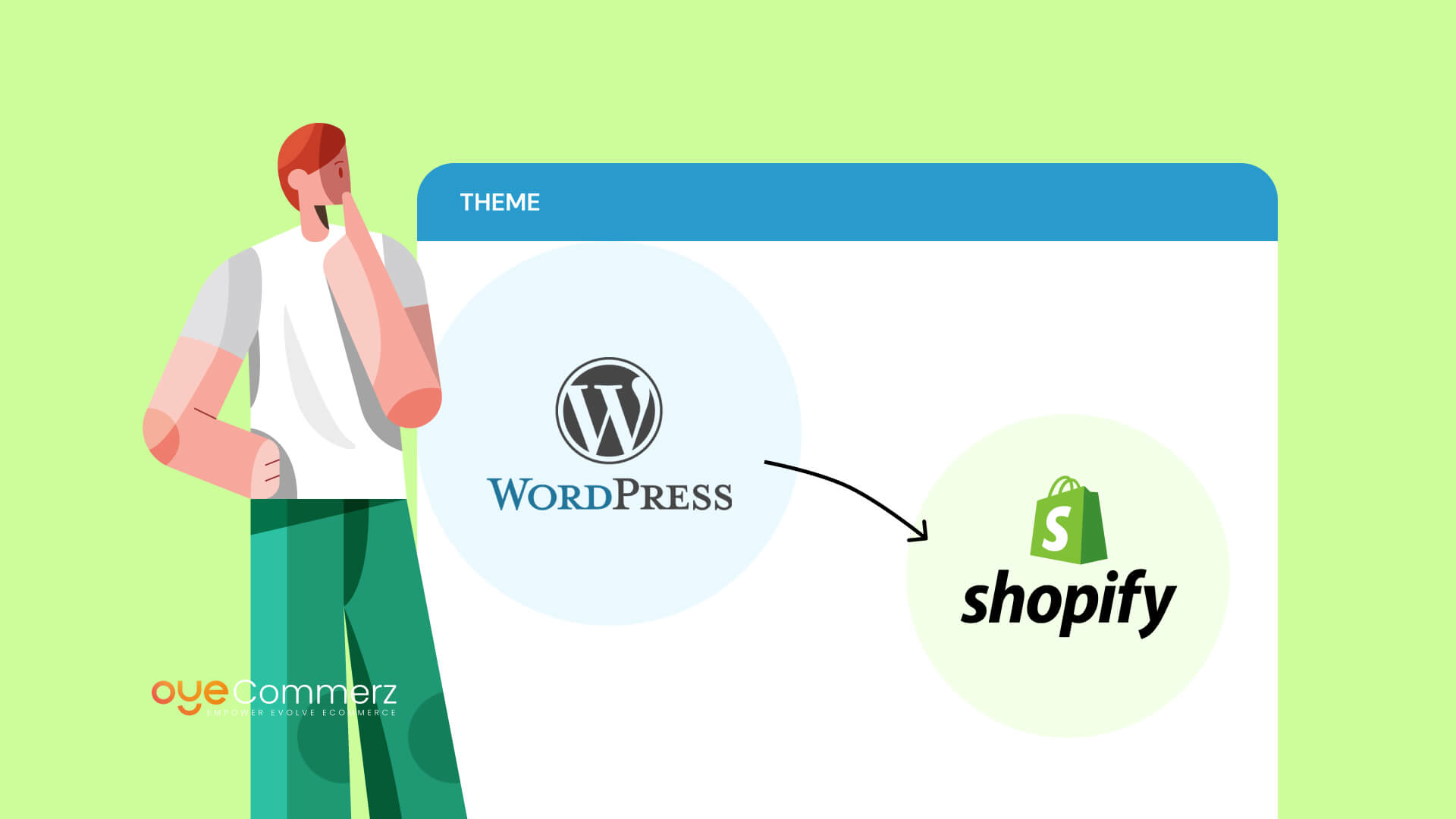In the constantly changing sphere of eCommerce, choosing the right solution is essential for your company’s success. If you’re currently using WP and planning a migration to Shopify, you’re not the only one. Many businesses are making this transition to utilize Shopify’s robust tools, simplicity, and expandability. This guide will guide you on the process of migrating from WP to this platform effortlessly, ensuring that you achieve your online retail potential.
Why Migrate from WP to Shopify?
Ahead of diving into the migration procedure, it’s important to know why this shift can be helpful for your eCommerce business:
User-Friendly Interface: Shopify offers an straightforward dashboard that streamlines store operations, allowing for non-technical users.
Flexibility: As your business grows, Shopify can handle greater visitors and transactions without compromising efficiency.
All-in-One Solutions: Shopify provides pre-installed features for search engine optimization, analytics, payment management, and much more, eliminating the necessity for multiple plugins.
Enhanced Security: With Shopify, you utilize robust security protocols that protect critical customer data.
Steps for a Effortless Migration
Migrating your digital shop from WordPress to Shopify requires key steps.
Here’s how to facilitate a hassle-free transition:
Plan Your Migration Strategy
Start by drafting your migration strategy. Identify which aspects of your current site you want to migrate, such as:
Inventory information
Client data
Order history
Articles
Choose the Appropriate Migration Solution
Depending on your requirements, opt for a migration service that fits your eCommerce goals. OyeCommerz delivers several options:
Entry-Level Plan: Ideal for boutique stores with limited products.
Mid-Tier Plan: Appropriate for growing businesses with more complex needs.
Premium Migration Package: Excellent for high-volume stores demanding extensive customization.
Save Your Information
Ahead of starting the migration, ensure that you have a complete archive of your WP site. This task is crucial in situations where anything goes wrong during the migration.
Extract Your Data from WordPress
Use tools or alternative solutions to export critical information from your WordPress site:
Inventory
Users
Sales records
Content pieces
Import Content into Shopify
When you have your data retrieved, employ Shopify’s built-in features or specialized apps to upload your information into your updated store. Confirm that all information is correctly formatted and arranged.
Adapt Your Shopify Platform
After uploading content, customize your Shopify site’s design to align with your brand identity. Think about engaging a specialist if you want detailed customization.
Set Up Payment Gateways and Logistics
Set up billing solutions and delivery choices in Shopify to ensure a seamless checkout experience for customers.
Adopt SEO Standards
To preserve your SEO performance during the transition:
Set up 301 URL mappings from previous URLs Shopify analytics integration to updated ones.
Refresh meta tags.
Optimize images and content for SEO.
Test Your New Platform
Before launching, extensively check your new platform. Look out for any broken links, payment processing issues, or missing data.
Go Live Your Platform
Once everything is in ready, it’s the opportunity Shopify migration tips to go live! Inform the transition to your clients and encourage them to discover the enhanced offerings of your Shopify store.
Post-Migration Support
Following releasing your Shopify store, ongoing support is key. Think about engaging service providers who can help with:
Troubleshooting
Promotional campaigns
Performance optimization
Conclusion
Migrating from WP to Shopify can be a crucial step for your digital business. By using this guide and working with experts like those offered by dedicated providers, you can ensure a effortless transition that boosts your digital storefront. Accept the change and realize the advantages of Shopify today!
